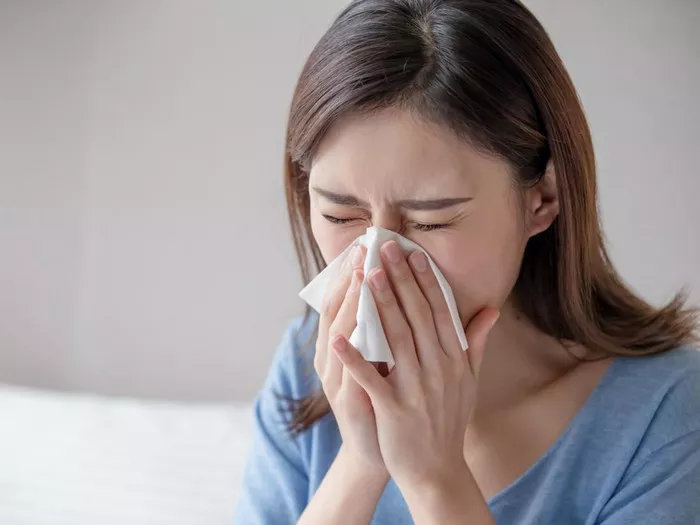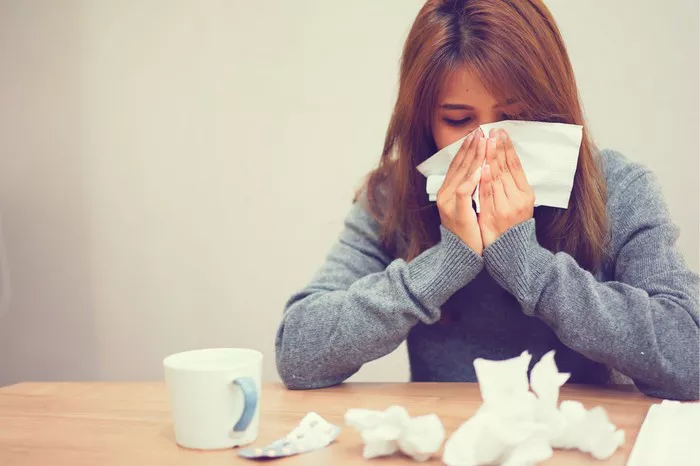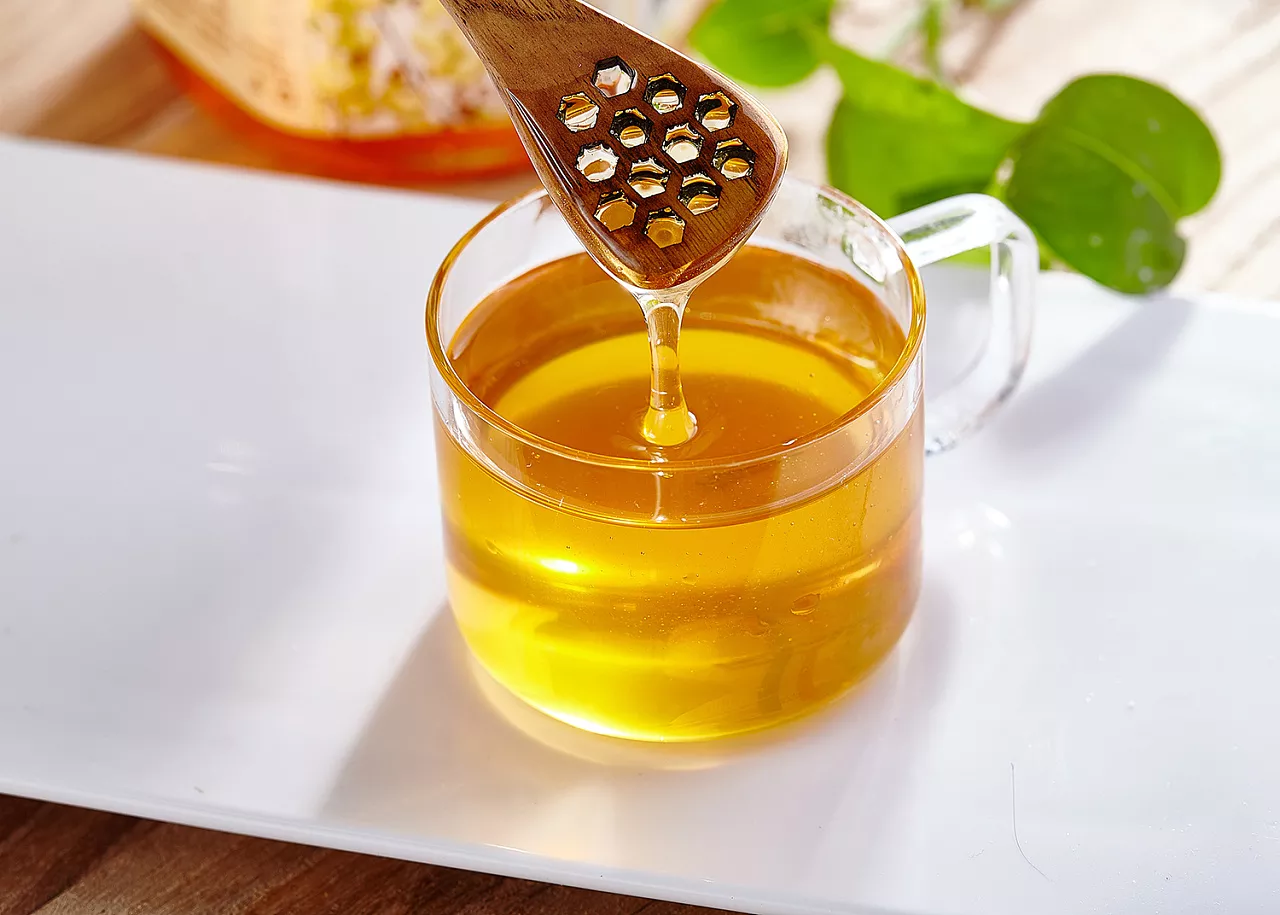As the weather warms up and flowers bloom, many people look forward to spending time outdoors and enjoying the beauty of summer. However, for individuals with allergies, the arrival of summer can bring a host of unwelcome symptoms. From sneezing and congestion to itchy eyes and skin rashes, summer allergies can put a damper on outdoor activities and diminish overall quality of life. In this comprehensive guide, we will delve into the symptoms of summer allergies, explore common triggers, and discuss strategies for managing and preventing allergic reactions.
Exploring the Symptoms
Summer allergies, also known as seasonal allergic rhinitis or hay fever, are triggered by airborne pollen from grasses, trees, and weeds. When individuals with allergies come into contact with these allergens, their immune system reacts by releasing histamines, which can cause a range of symptoms. Here are some common symptoms of summer allergies:
Nasal Symptoms
Sneezing: Sneezing is a common symptom of summer allergies, often triggered by exposure to pollen or other airborne allergens.
Runny or Stuffy Nose: Allergic rhinitis can cause nasal congestion, leading to a runny or stuffy nose. This congestion may also contribute to difficulty breathing through the nose.
Itchy Nose: Individuals with summer allergies may experience itching or irritation in the nasal passages, leading to frequent rubbing or scratching of the nose.
Postnasal Drip: Postnasal drip occurs when excess mucus drains from the back of the nose into the throat, causing irritation and coughing.
Eye Symptoms
Watery Eyes: Allergic conjunctivitis, or eye allergies, can cause excessive tearing or watering of the eyes in response to pollen exposure.
Itchy Eyes: Itchy, red, or swollen eyes are common symptoms of summer allergies, often accompanied by a sensation of grittiness or discomfort.
Redness: Allergic reactions can cause the blood vessels in the eyes to become inflamed, resulting in redness or bloodshot eyes.
Respiratory Symptoms
Coughing: Allergic rhinitis can irritate the throat and airways, leading to frequent coughing or throat clearing.
Wheezing: Some individuals with summer allergies may experience wheezing or difficulty breathing, particularly if they also have asthma.
Shortness of Breath: In severe cases, allergic reactions can trigger shortness of breath or chest tightness, requiring prompt medical attention.
Skin Symptoms
Rashes: Contact with allergens such as pollen or grass can sometimes trigger allergic skin reactions, resulting in redness, itching, or hives.
Eczema Flare-ups: Individuals with eczema may experience worsening of their symptoms during allergy season, with increased itching, redness, and irritation of the skin.
General Symptoms
Fatigue: Allergies can cause fatigue or tiredness due to the body’s immune response and the impact of symptoms on sleep quality.
Headaches: Some individuals with allergies may experience headaches or sinus pressure as a result of nasal congestion and inflammation.
Mood Changes: Allergies can affect mood and overall well-being, leading to irritability, difficulty concentrating, or feelings of frustration.
Identifying Common Triggers
Understanding the common triggers of summer allergies is essential for effectively managing and preventing allergic reactions. While pollen from grasses, trees, and weeds is a primary culprit, other allergens and irritants can also contribute to symptoms. Here are some common triggers of summer allergies:
Pollen
Grasses: Grass pollen is a significant allergen during the summer months, with species such as Timothy, Bermuda, and Kentucky bluegrass being common triggers.
Trees: Tree pollen can also contribute to summer allergies, with species such as oak, birch, and cedar releasing pollen into the air.
Weeds: Ragweed is a notorious weed allergen that thrives during the summer and early fall, producing large quantities of pollen that can travel long distances in the air.
Mold Spores
Outdoor Mold: Mold spores are present in outdoor environments year-round, but they can proliferate in warm, humid conditions, such as those typically experienced during the summer months.
Indoor Mold: Indoor mold growth can occur in damp or poorly ventilated areas of the home, such as bathrooms, basements, and kitchens, contributing to indoor allergen exposure.
Air Pollution
Ozone: High levels of ozone pollution, which can be more prevalent during the summer months, can exacerbate allergy symptoms and respiratory issues.
Particulate Matter: Airborne particulate matter, such as dust, smoke, and vehicle emissions, can also worsen allergy symptoms and irritate the respiratory system.
Outdoor Allergens
Insect Stings: Insect stings from bees, wasps, hornets, and other insects can trigger allergic reactions in susceptible individuals, ranging from localized swelling and redness to severe anaphylaxis.
Pollen Cross-Reactors: Some individuals with pollen allergies may also experience cross-reactivity to certain fruits, vegetables, and nuts due to similarities between pollen proteins and proteins found in these foods.
Strategies for Managing and Preventing Allergic Reactions
While it may not be possible to completely eliminate exposure to allergens, there are several strategies that individuals with summer allergies can employ to manage symptoms and reduce the impact of allergic reactions:
Limit Outdoor Exposure
Stay Indoors During Peak Pollen Times: Pollen levels are typically highest in the early morning and evening hours, so individuals with allergies may benefit from staying indoors during these times or wearing a mask when outdoors.
Keep Windows Closed: Keep windows and doors closed to prevent pollen from entering the home, particularly on days when pollen counts are high.
Use Air Purifiers and Filters
Invest in HEPA Filters: High-efficiency particulate air (HEPA) filters can help remove allergens such as pollen, mold spores, and pet dander from indoor air, improving overall air quality and reducing allergy symptoms.
Use Air Purifiers: Portable air purifiers with HEPA filters can be particularly beneficial in bedrooms and other frequently used areas of the home, providing relief for individuals with allergies.
Practice Good Allergy Management Habits
Shower and Change Clothes After Outdoor Activities: Showering and changing clothes after spending time outdoors can help remove pollen and other allergens from the skin and clothing, reducing the risk of allergic reactions.
Wear Protective Clothing: Wearing hats, sunglasses, and long sleeves can help protect against pollen exposure when spending time outdoors, particularly during peak pollen times.
Consider Medications and Allergy Treatments
Antihistamines: Over-the-counter antihistamine medications can help relieve symptoms such as sneezing, itching, and nasal congestion caused by allergies.
Nasal Sprays: Nasal corticosteroid sprays can reduce inflammation and congestion in the nasal passages, providing relief from allergy symptoms.
Allergy Shots: Allergy immunotherapy, or allergy shots, may be recommended for individuals with severe allergies who do not respond to other treatments. These injections help desensitize the immune system to specific allergens over time, reducing the severity of allergic reactions.
Consult with a Healthcare Professional
Seek Medical Advice: If allergy symptoms are severe or persistent, it’s important to consult with a healthcare professional, such as an allergist or immunologist, for a comprehensive evaluation and personalized treatment plan.
Allergy Testing: Allergy testing, such as skin prick tests or blood tests, can help identify specific allergens that trigger symptoms, guiding targeted treatment and avoidance strategies.
Conclusion: Navigating the Allergy Season
Summer allergies can pose significant challenges for individuals affected by seasonal allergic rhinitis, allergic conjunctivitis, and other allergic conditions. By recognizing the common symptoms of summer allergies, understanding potential triggers, and implementing effective management and prevention strategies, individuals with allergies can minimize the impact of allergic reactions and enjoy the warmer months with greater comfort and peace of mind. Remember to consult with a healthcare professional for personalized advice and treatment recommendations tailored to your specific allergy symptoms and triggers. With proactive management and support, individuals with summer allergies can navigate the allergy season with confidence and resilience.
[inline_related_posts title=”You Might Be Interested In” title_align=”left” style=”list” number=”6″ align=”none” ids=”7625,7385,7381″ by=”categories” orderby=”rand” order=”DESC” hide_thumb=”no” thumb_right=”no” views=”no” date=”yes” grid_columns=”2″ post_type=”” tax=””]

































